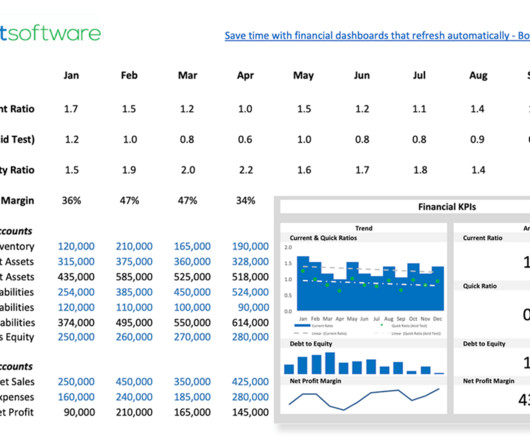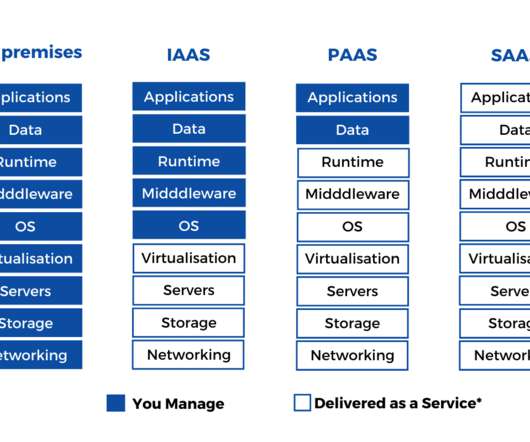Ultimate List of CFO Blogs and Resources – 2023 Edition
Jet Global
JUNE 22, 2023
Blogs Podcasts Whitepapers and Guides Tools and Calculators Webinars Sample Reports The Evolution of the CFO into the Chief Data Storyteller View Insight Now Our Favorite CFO Blogs The Venture CFO Blog Link: [link] Are you looking for blog posts for CFOs by CFOs? It is viewed as a burden that costs companies money.














Let's personalize your content